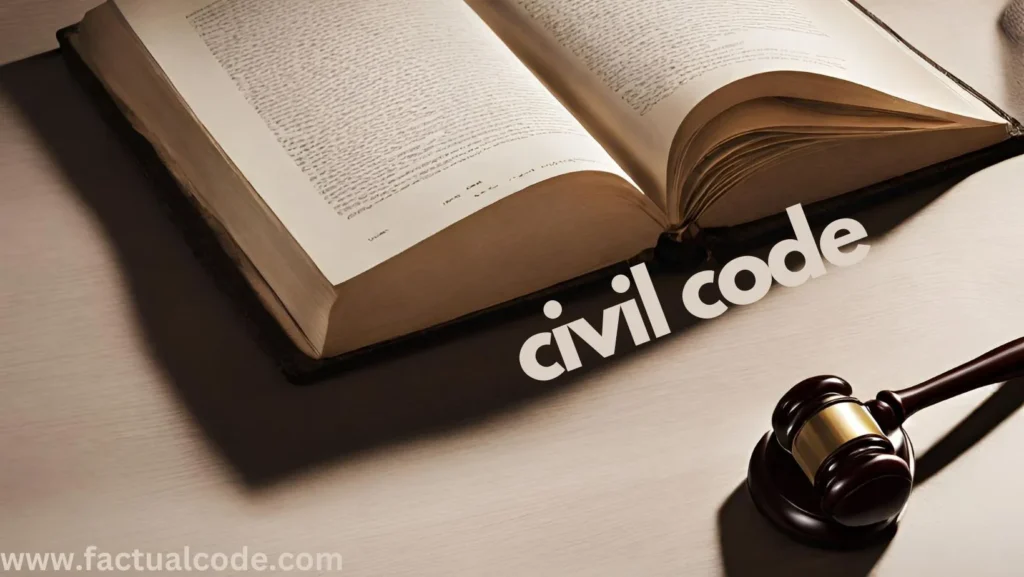Introduction
⚖️📜🔍 Court proceedings are inherently complex and often prolonged, necessitating meticulous adherence to procedural norms. A crucial aspect of these proceedings involves interlocutory applications—interim requests filed by parties to secure judicial orders that regulate or facilitate the litigation process. These applications ensure procedural compliance, expedite justice, and prevent undue hardship to any party involved.
Interlocutory applications serve various purposes, including:
Seeking urgent judicial intervention.
Regulating procedural aspects of the case, such as timelines and evidentiary disclosures.
Ensuring compliance with legal obligations to maintain procedural fairness.
This discussion explores the significance of interlocutory applications, their benefits, and the procedural steps involved in filing one.
Necessity of Interlocutory Applications
🔎⚖️📌 Legal proceedings rarely progress without impediments, making interlocutory applications an essential mechanism for addressing procedural and substantive issues before the final resolution of a case. These applications enable parties to seek judicial orders that facilitate the efficient management of litigation, ensuring that no party gains an unfair advantage through procedural misconduct or non-compliance.
One of the primary purposes of interlocutory applications is to safeguard the interests of litigants by ensuring that procedural requirements are met. For instance, a party may file an interlocutory application to compel the disclosure of crucial evidence that the opposing party is withholding. If the opposing party consents to the requested orders, the court will issue them accordingly. Otherwise, an interlocutory hearing is conducted, allowing both parties to present their arguments before the court renders a decision.
Types of Interlocutory Applications
⚖️📑📝 A broad range of interlocutory applications exist, each serving distinct legal functions. Some of the most prevalent types include:
1. Injunctive Relief
📜⚠️⏳
Seeks immediate court intervention to restrain the opposing party from taking specific actions, such as terminating a contract or executing a sale.
Typically time-sensitive, requiring urgent judicial consideration to prevent irreparable harm.
2. Orders for Particulars
📄📌✅
Compels a party to provide further details or clarifications regarding legal documents, such as a statement of claim or defense.
Ensures that pleadings are precise, allowing the opposing party to respond adequately.
3. Discovery Orders
📂🔍⚖️
Directs a party to produce specific documents requested by the opposing side during the discovery process.
Often used when a party resists disclosure, arguing that the request is overly broad or irrelevant.
4. Subpoenas
📜🏛️🖋️
Requires a third party to provide specific documents or testify in court regarding a matter relevant to the case.
If challenged, the court determines the admissibility and relevance of the evidence sought.
5. Interrogatories
❓📑⚖️
Mandates the opposing party to respond to written questions that are pertinent to the dispute.
The questions must be necessary and directly contribute to resolving material issues in the case.
6. Medical Examination Orders
🏥📋⚖️
Directs a party to undergo a medical examination to assess their physical or mental condition in relation to the case.
Commonly used in personal injury claims or cases where a party’s health status is in dispute.
7. Setting Aside a Default Judgment
⚖️🔄📜
Seeks to overturn a judgment entered due to a party’s failure to file a defense within the prescribed deadline.
Ensures that procedural deficiencies do not result in unjust legal consequences.
Conclusion
📚🏛️📌 Interlocutory applications constitute an indispensable component of civil litigation, offering parties the means to address procedural complexities, enforce legal obligations, and seek timely judicial intervention. By facilitating fair and efficient case management, these applications enhance the integrity of the judicial process, ultimately serving the interests of justice. 🎯⚖️📜
Recommended Posts
Understand the framework, types, and procedural steps of appeals under the Code of Civil Procedure, 1908.
Explore the distinction between issues of law and fact, and their significance in civil trials under CPC.
Learn the meaning of continuous running of time under Section 9 of the Limitation Act and its practical implications.
Know the essentials of a legal bond, its enforceability, and key types used in Indian legal practice.
References- Code of Civil Procedure Supreme Court of India

